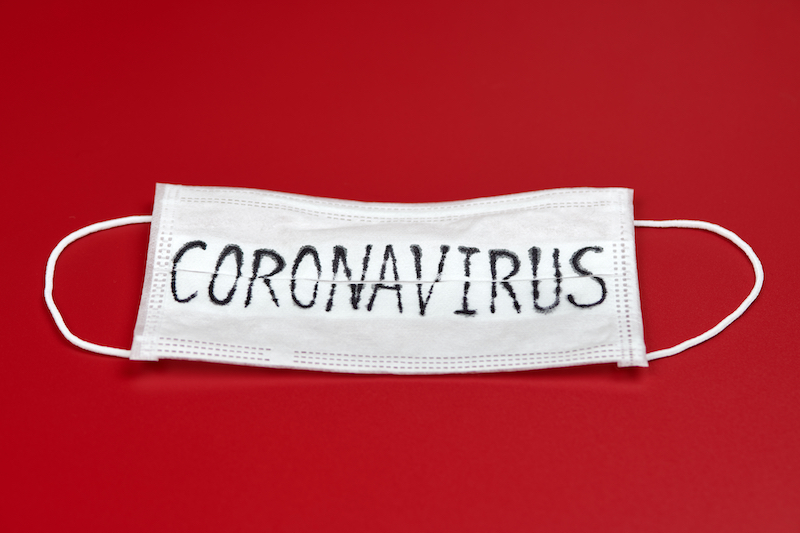


The new Coronavirus (COVID-19) is spreading rapidly and has been declared a global health emergency by the World Health Organisation (WHO). It’s important to know what symptoms to look for and the best ways to protect yourself.
What symptoms should you look out for?
The main symptoms of COVID-19 are similar to other respiratory infection including the flu and the common cold. These include:
- A cough
- A high temperature
- Shortness of breath.
If you are experiencing any of these symptoms and have recently travelled to a high-risk area such as China, Singapore, Hong Kong, Thailand, South Korea or Northern Italy, you should alert your GP.
Symptoms can appear 2-10 days after contracting the virus, which is one of the reasons it is difficult to control.
Who is more at risk?
People with underlying respiratory illnesses are more likely to contract the virus. Those aged over 65 and children under the age of 2 are also more likely to fall ill.
How is coronavirus transmitted?
Coronavirus spreads from person to person via droplets of infected fluid, in a similar way to how the cold and flu are passed on. Face masks are said to be an ineffective way to prevent yourself from contracting the disease, and people should rather focus of maintaining general hygiene.
What should I do?
There are a few things you can do to protect yourself from contracting the virus.
- Hand hygiene: like cold and flu, the new virus is spread via droplets when a person coughs or sneezes. Maintaining basic hand hygiene can help prevent you from infection
- Carry hand sanitiser with you
- Be careful touching things and then touching your face, particularly in public areas
- Carry disposable tissues with you to cover you nose and mouth when coughing and sneezing.
If you think you may have the virus, you should isolate yourself for two weeks. This means:
- Stay at home
- Avoid public areas
- Avoid going to the shops
- Discourage visitors
- Contact your local GP or healthcare professional for further advice.
Telehealth doctors at House Call Doctor recommend calling ahead to alert your GP if you have Coronavirus symptoms or you have recently travelled to a high-risk country.
Scrub up on your hand hygiene
It’s important to know how to effectively wash your hands.
- Don’t rush – you need to wash your hands for around 20 seconds to ensure they are germ-free.
- Use soap – soap will help get rid of germs on your hands. Liquid soap is less likely to be contaminated than a bar of soap.
- Water temperature – warm water is the best when it comes to washing your hands as it makes it easier to lather the soap.
- Running water – it’s best to use running water if you can, as clean hands are less likely to become contaminated again
- What if there is no running water and soap around? The best alternative is hand sanitiser or gel.




